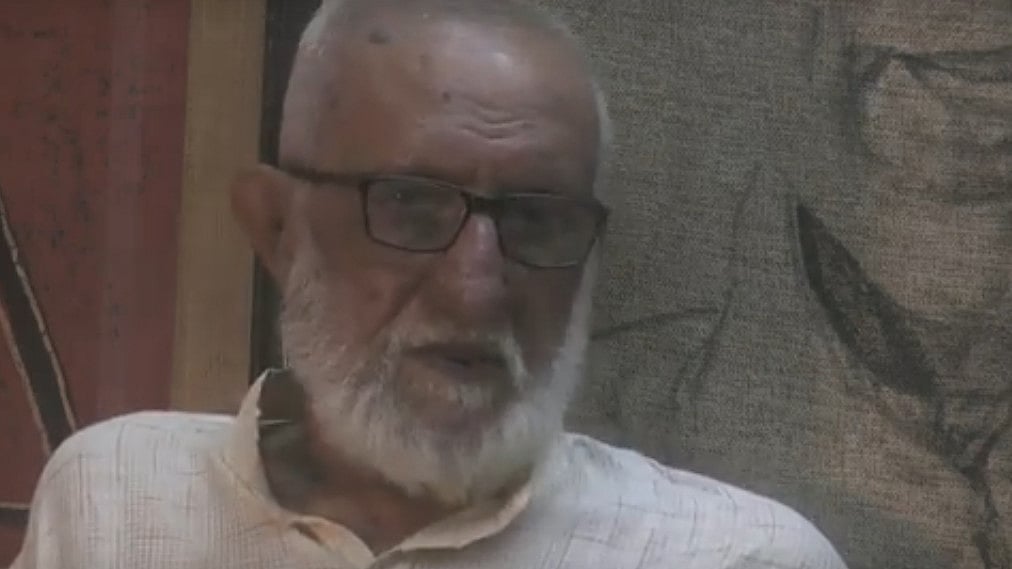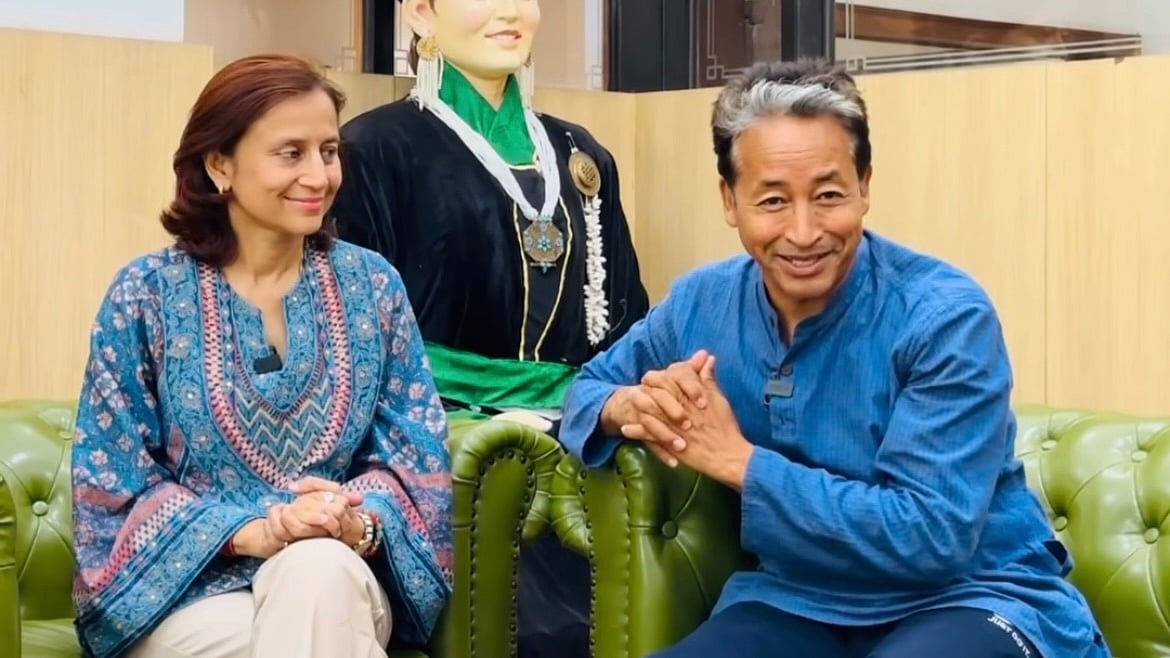In 1913, Rabindranath Tagore made history as the first Asian to receive the Nobel Prize in Literature for Gitanjali, a collection of his Bengali poems that he himself translated into English. Yet, despite this groundbreaking achievement, Indian literature has remained absent from the Nobel constellation for more than a hundred years—a silence that feels all the more striking given the country’s vast and diverse literary traditions.
Yet, even as the Nobel Prize continues to elude Indian literature, women authors from India have forged their own path to global acclaim, claiming other prestigious honours—most notably since 1997, when Arundhati Roy burst onto the world stage with her Booker Prize–winning novel ‘The God of Small Things’. In 2006, Kiran Desai followed with her Booker-winning ‘The Inheritance of Loss’, and this year she has been shortlisted again for ‘The Loneliness of Sonia and Sunny’.
Other renowned women authors such as Jhumpa Lahiri and Bharati Mukherjee (1940-2017), though long settled abroad, reflect their Indian roots in their writings, even as they explore themes of migration, displacement, and identity in a wider global context. Jhumpa’s collections like ‘Interpreter of Maladies’ and ‘Unaccustomed Earth’ and novels like ‘The Namesake’ portray Bengali families negotiating identity, generational conflict, and the persistence of cultural memory.
Moving from India to Canada and later the US, Bharati Mukherjee dealt with issues of assimilation, alienation, and reinvention. Novels like ‘Jasmine’ and ‘The Tiger’s Daughter’ present Indian women negotiating not only gender roles but also the challenges of migration.
The works of Indian women authors have challenged conventions, redefined narratives, and broadened the scope of South Asian literature. Since the late twentieth century, these voices have not only gained prominence but also reshaped the contours of what it means to write about India, identity, and womanhood in a world negotiating tradition and modernity.
The rise of high-quality translations, such as Daisy Rockwell’s English rendering of Geetanjali Shree’s ‘Tomb of Sand’, which won the International Booker Prize in 2022, and that of Deepa Bhasthi’s English rendering of Banu Mushtaq’s Kannada short stories ‘Heart Lamp’ this year, indicate that Indian vernacular literature is increasingly being curated, translated, and discussed globally.
While writers like Arundhati Roy and Kiran Desai have garnered international attention with the Booker Prize, the influence of authors, to name a few, such as Shashi Deshpande and Manju Kapoor, lies in their steadfast commitment to examining the intricate fabric of everyday lives. They may not have stepped onto the global stage of literary prizes, yet their presence over the last three decades has loomed large, nurturing the intellectual climate that makes Indian women’s writing so vibrant today.
Shashi Deshpande, often described as one of the pioneers of feminist writing in India, has consistently foregrounded the lived realities of middle-class women caught in the crosscurrents of family, tradition, and selfhood. In ‘That Long Silence’ (winner of the Sahitya Akademi Award), she shows how the central character Jaya was conditioned to believe that silence is a woman’s greatest virtue, a way to maintain peace in marriage and family. Jaya finally turns inward on a journey of self-understanding, breaking free from the roles that society had prescribed for her. Deshpande’s fiction positions her as a chronicler of the evolving female consciousness in post-independence India.
If Deshpande maps the interior struggles of women negotiating identity, Manju Kapoor has carved out her own niche in narrating the social transitions of Indian families against the backdrop of changing cultural values. Her debut novel, ‘Difficult Daughters’, established her as a powerful voice. Set against the turbulence of Partition, the novel explores the clash between personal desire and societal duty—a theme Kapoor has continued to revisit in later works such as ‘A Married Woman’ and ‘Custody’. Kapoor’s characters embody resilience and contradiction, revealing how the private and public spheres are constantly intertwined.
Together, Deshpande and Kapoor represent a crucial axis of Indian women’s writing: the exploration of interior worlds alongside the interrogation of social structures. Their works, spanning more than three decades, have cultivated a readership attuned to questions of gender justice, family dynamics, and the politics of desire.
The growing impact of Indian women authors today rests on this foundation. Younger voices such as Avni Doshi, whose ‘Burnt Sugar’ was shortlisted for the Booker Prize, or Megha Majumdar, whose ‘A Burning’ captured the world’s attention, continue to push boundaries in theme and form. Their global reach is inseparable from the pathways cleared by Deshpande and Kapoor, whose sustained explorations of identity, desire, and social change laid the groundwork for contemporary Indian women’s writing.
The writer is an independent journalist.










